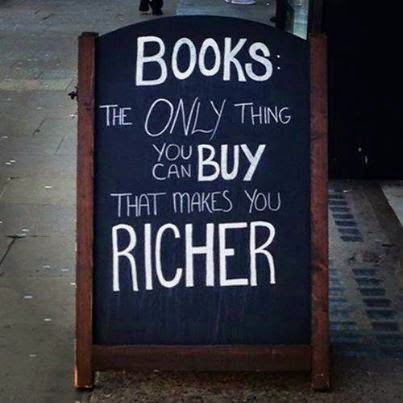I was recently interviewed online by NovelPASTimes
[http://www.novelpastimes.com], a blog for those who love to read Historical Fiction.
Here is Part Two:
What would you like
readers to gain from reading your book(s)?
Because Finding Billy
Battles is historical fiction and is set in the 19th Century, I would like
readers to get a sense of the time and place of the story. I would like them to
have an appreciation of the way people lived, how they thought, and how they
dealt with both adversity and triumph in a very different era. Finally, I would
like readers to finish my book and think to themselves: "Damn, I didn't
want that story to end!"
Thanks for joining us
here on Favorite PASTimes. Any final words for readers or writers?
For Readers: Please DON'T STOP READING! Those of us who
love telling stories need you. And when you read a book, don't be shy. Write a
review on Amazon, Goodreads, Barnes & Noble, etc. and let us know what you
liked and didn't like about a book. I value the reviews I get from Amazon
Verified Purchase customers more than I do from professional or editorial
reviewers. After all, customers spent money on the book and that gives them the
right to tell the author what they think.
For Writers: Please Keep Writing. The world needs good
storytellers today more than ever. I know that many who write are frustrated by
letters of rejection from agents and publishers. Don't be discouraged. If you
can't get a book before the reading public going the traditional publishing
route, consider self or indie publishing. Publish on Demand (POD) books are
everywhere these days and so are e-books. Writers today don't have to consider
a rejection letter the last word in their aspiration to publish. You have
options to reach readers that didn't exist 10 or even 5 years ago.
Having said that, I
must be honest. Many self-published books are not well done. The writing may be
poor quality; the covers are often inferior and the proof reading and editing
is shoddy. Frankly, some books should never have made it off the printing press
or into an e-file. However, there are enough gems coming from self-published
authors to offset the marginal efforts.
My advice to
beginners: Give yourself time to learn the craft of writing. How do you do
that? Read, read, read. If you want to write well, read well. Learn from the
best; imitate (and I don't mean plagiarize). Listen to the words! You don't
have to spend thousands of dollars on writing seminars, conferences, etc. Gifted
writing can't be taught. It must be learned. And we learn from doing it; from
experience.
To be a good writer
you need to be confident in your ability to use the tools of the craft: research,
vocabulary, grammar, style, plot, pacing, and story. A confident writer is typically
a good writer. We gain confidence by being successful in our work--no matter
what work we do. We also learn from failure. Why was a book rejected 40 times?
Why isn't it selling on Amazon or Goodreads or Barnes and Noble? There must be
a reason. Find out what it is and learn from it. Then go back to work and make
the book better.
 |
| Pearl S. Buck |
And remember: Writing
is a discipline that you can learn at any age. Unlike ballet or basketball or
modeling, writing is not something that if you missed doing at 16, 18 or 20 you
can never do again. You are NEVER too old to begin writing!
I recall interviewing Pulitzer
and Nobel prize winning author Pearl S. Buck once. It was late fall, 1971, and
at the time she was living in Vermont. We were talking on the phone and suddenly
she began describing her backyard and what she said was the first snow of the
season."You should see this, Ron. From my office window I am watching a leisurely
shower of white crystals floating, drifting, and landing softly onto a carpet
of jade. I wish you could see it."
"I do," I
said. "Thanks for showing me."
I never forgot that
conversation with the first American female Nobel laureate. She was 79 and
still writing.
Finally, writing--as
difficult as it is--should also be fun. When you turn a beautiful phrase or
create a vivid scene, you should feel a little flutter in your heart, a shiver
in your soul. If you do, that means you have struck an evocative chord with
your writing. Nothing is more rewarding than that!
Write On!

No comments:
Post a Comment